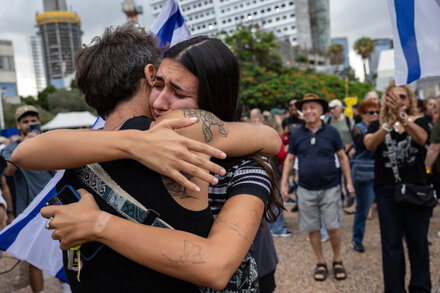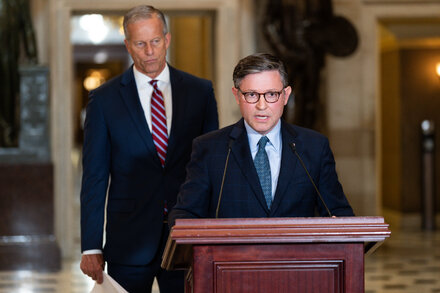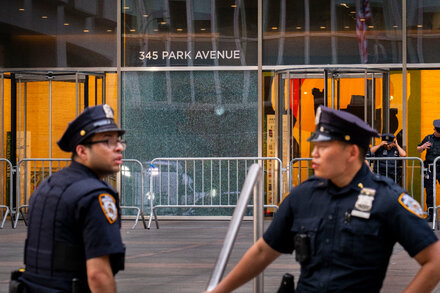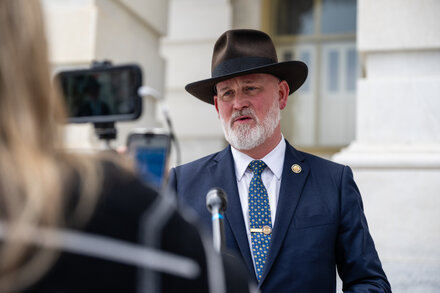As a potential deal to halt hostilities and exchange captives in Gaza nears, both Israeli and Palestinian communities are grappling with a complex mix of hope for immediate relief and profound anxieties about the future. This anticipated agreement sparks a wide range of emotions, from anticipation for respite to deep-seated

As diplomatic efforts intensify, a potential deal aimed at halting hostilities and facilitating the exchange of captives in Gaza appears to be nearing completion. The prospect of such an agreement has been met with a complex mix of anticipation and apprehension across both Israeli and Palestinian communities, reflecting deep-seated hopes for respite and profound anxieties about the future.
Mediators from Egypt, Qatar, and the United States have reportedly been working tirelessly to bridge the remaining gaps between Israel and Hamas. While the precise terms remain under wraps, the proposed deal is widely understood to include a multi-stage ceasefire, the release of Israeli hostages held in Gaza in exchange for Palestinian prisoners incarcerated by Israel, and a significant increase in humanitarian aid delivery to the besieged Strip.
Israeli Reactions: Hope and Trepidation
For many Israelis, especially the families of the hostages, the potential agreement brings a glimmer of hope that their loved ones might finally return home. The emotional toll of the protracted conflict and the uncertainty surrounding the captives’ fates has been immense.
“Every day without them is agony. If this deal means they come home, then we welcome it with all our hearts,” shared a relative of a hostage, speaking on condition of anonymity to protect ongoing delicate negotiations.
However, the proposed terms also ignite significant concerns, particularly regarding Israel’s security. The prospect of releasing a large number of Palestinian prisoners, some convicted of serious offenses, raises fears about potential future threats. There are also divisions within the political establishment and the public over whether the deal adequately addresses Israel’s stated war aims, including the dismantling of Hamas’s capabilities.
“We want the hostages back, but we cannot sacrifice our security for it,” stated a security analyst familiar with the negotiations. “Releasing hundreds of militants could pave the way for more violence down the line, and that’s a difficult pill for many Israelis to swallow.”
Palestinian Reactions: Relief and Uncertainty
In Gaza, where months of intense conflict have caused widespread destruction and a severe humanitarian crisis, the news of a potential ceasefire is met with desperate relief. Residents yearn for an end to the bombardment, access to essential supplies, and the chance to begin rebuilding their shattered lives.
“We just want the bombs to stop. We need food, water, and a place to feel safe,” said a resident of Khan Younis, reflecting the widespread exhaustion and suffering in the Strip. “If this deal brings peace, even for a short time, it’s something to hold onto.”
The potential release of Palestinian prisoners held by Israel is also a deeply significant aspect for many Palestinians, seen as a moment of justice for those incarcerated. Yet, beneath the relief, there is palpable anxiety about the long-term implications of any agreement. Questions persist about the future governance of Gaza, the extent of international aid, and the broader political horizon, with many fearing that a temporary truce might not address the root causes of the conflict.
“A ceasefire is crucial for survival, but what comes after? Will this deal truly bring an end to the occupation, or is it just another pause before the next cycle of violence?” asked a Palestinian academic from Ramallah, expressing a common sentiment of cautious skepticism.
As the potential deal hangs in the balance, both Israelis and Palestinians find themselves navigating a landscape of hope for immediate relief and profound worry about the enduring challenges that lie ahead. The intricate balance between securing a temporary calm and addressing fundamental grievances remains a formidable test for all parties involved.
Source: Read the original article here.





